Want to know more about the Best Schools For Neuroscience In the US and make an informed decision? Here is a good place to start.
Neuroscience is a complex and fascinating field of study that has captured the attention of scholars across various disciplines. Prospective students of neuroscience are often faced with the daunting task of selecting a school that offers a top-tier program in the field.
To aid in this decision-making process, we have conducted extensive research and analysis to identify the leading institutions with neuroscience programs.
In this blog post, we present our findings and provide you with valuable insights to guide you in selecting the best school to pursue your academic and professional goals in neuroscience.
Please note that schools are selected based on our criteria (at the end of the article), ranked by the latest acceptance rate.
Table of Contents
#25. University of Pittsburgh


- Acceptance rate: 64%
- Average entry score: 1250-1470 SAT or 28-33 ACT
- Student-to-faculty ratio: 14 to 1
- Estimated cost of attendance (tuition and fees): $19,760-$36,000
- Average earning potential for graduates: $28,100 (College Simply)
Pitt Neuroscience is a multidisciplinary field that explores the intricacies of the brain and nervous system.
Students and faculty explore topics such as brain development, learning and memory, neural signaling, and diseases affecting the nervous system.
The program provides hands-on research opportunities, cutting-edge technology, and a strong foundation in both biological and computational approaches to neuroscience.
Source: Pitt Neuroscience
#24. University of California San Diego


- Acceptance rate: 34%
- Average entry score: 1270-1480 SAT or 28-34 ACT
- Student-to-faculty ratio: 12 to 1
- Estimated cost of attendance (tuition and fees): $36,061-$65,835
- Average earning potential for graduates: $36,200 (College Simply)
The University of California San Diego offers a neuroscience program that takes an interdisciplinary approach to studying the brain and nervous system.
Under the guidance of experienced faculty and with access to cutting-edge research facilities, students gain practical experience in the latest research techniques.
The program also provides opportunities for students to collaborate with industry partners and engage in clinical experiences.
You might also like:
- 25 Best Schools For Biology In The US 2023
- 25 Best Liberal Arts Colleges 2023
- 25 Best Biochemistry Schools 2023
- 25 Best Schools For Forensic Science In The US 2023
- 25 Best Physics Schools In The US
Source: The UCSD Neuroscience Graduate Program
#23. University of California Irvine

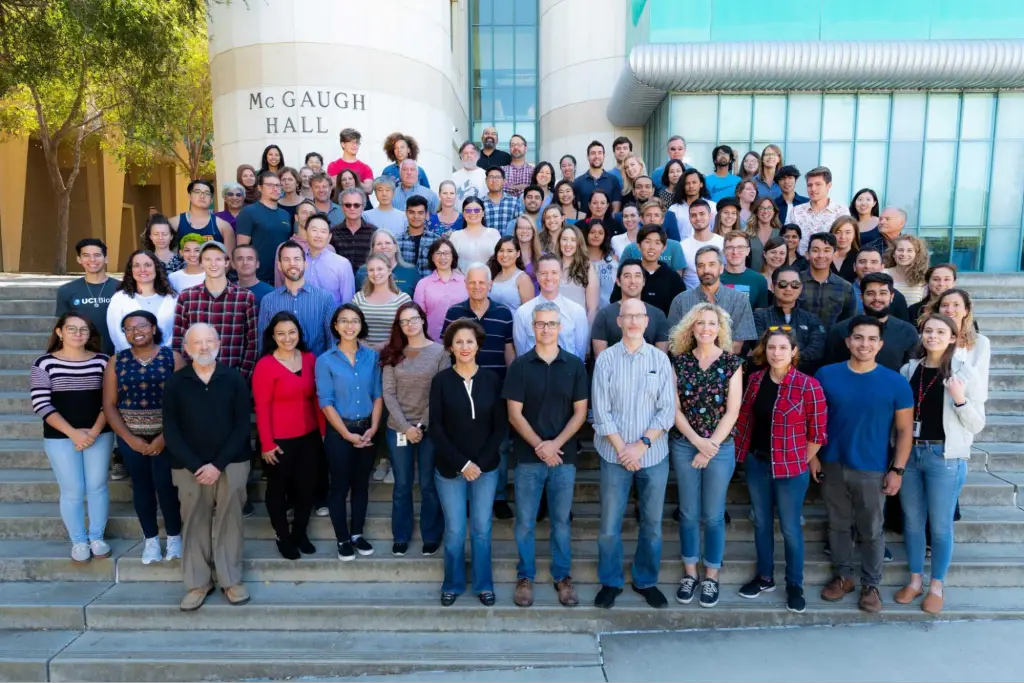
- Acceptance rate: 28%
- Average entry score: 1230-1430 SAT or 26-36 ACT
- Student-to-faculty ratio: 18 to 1
- Estimated cost of attendance (tuition and fees): $34,161-$63,915
- Average earning potential for graduates: $25,900 (College Simply)
At the University of California, Irvine, neuroscience research is not limited to a single department or discipline.
Instead, UCI’s neuroscience program emphasizes interdepartmental collaboration, bringing together experts from various fields to tackle complex problems in the brain sciences.
This approach allows researchers to access a wide range of expertise and resources, from molecular biology to cognitive psychology, to better understand the workings of the brain.
Source: Interdepartmental Neuroscience Program
You might also like:
- 25 Best Schools For Biology In The US
- 25 Best Schools For Forensic Science In The US
- 25 Best Biochemistry Schools
- 25 Best Schools For Soil Sciences In The US
- 25 Best Liberal Arts Colleges
#22. University of Michigan Ann Arbor
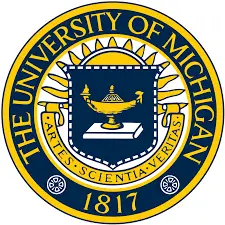

- Acceptance rate: 26%
- Average entry score: 1360-1530 SAT or 31-35 ACT
- Student-to-faculty ratio: 15 to 1
- Estimated cost of attendance (tuition and fees): $32,272-$69,326
- Average earning potential for graduates: $28,300 (College Simply)
The University of Michigan Ann Arbor offers a comprehensive neurobiology and neurosciences majors.
These programs focus on providing students with a solid foundation in neuroscience. Future neurosciences also have the opportunity to specialize in fields like neuropharmacology and neurobiology through research and coursework.
Graduates of the neurobiology and neurosciences program are well-equipped to address the complexities of the nervous system.
Source: U-M LSA
Similar articles like this:
- 25 Best Physics Schools In The US
- 25 Best Psychology Schools In The US
- 25 Best Sociology Schools In The US
#21. University of Washington Seattle
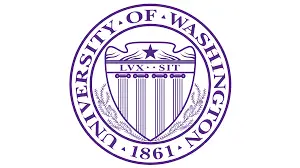

- Acceptance rate: 25%
- Average entry score: 1220-1470 SAT or 29-34 ACT
- Student-to-faculty ratio: 9 to 1
- Estimated cost of attendance (tuition and fees): $30,640-$58,470
- Average earning potential for graduates: $33,300 (College Simply)
With a strong foundation in the biological, chemical, and physical principles that underpin nervous system function, this program offers a comprehensive exploration of the intricacies of the brain.
Engage in cutting-edge research and participate in a range of exciting extracurricular activities. And for those looking to take their knowledge to the next level, the University of Washington also offers graduate programs in neuroscience.
Source: University of Washington Neuroscience
You might also like:
- 25 Best Psychology Schools In The US
- 25 Best Schools For Biology In The US
- 25 Best Biochemistry Schools
- 25 Best Schools For Forensic Science In The US
- 25 Best Liberal Arts Colleges
#20. University of Pennsylvania
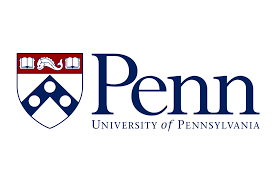
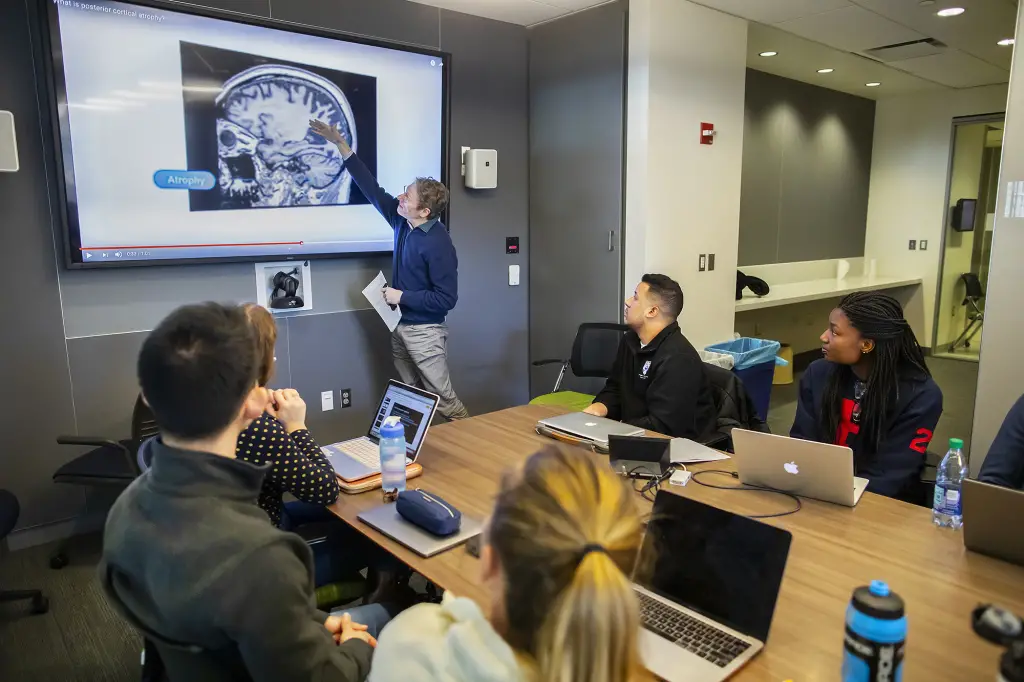
- Acceptance rate: 25%
- Average entry score: 1460-1570 SAT or 33-35 ACT
- Student-to-faculty ratio: 7 to 1
- Estimated cost of attendance (tuition and fees): $65,790
- Average earning potential for graduates: $33,500 (College Simply)
Through a combination of rigorous coursework, hands-on research experience, and cutting-edge technology, the University of Pennsylvania students are prepared to excel in both academic and industry settings.
The program also offers opportunities for students to work with leading researchers and participate in groundbreaking research projects.
As a result, graduates of the program are highly sought after by employers in the field. They are well-equipped to make significant contributions to the field of neuroscience.
Source: University of Pennsylvania
You might also like:
- 25 Best Pharmaceutical Sciences Schools In The US
- 16 Must-Read Neuroscience Books
- 25 Best Schools For Forensic Science In The US 2023
- 25 Best Liberal Arts Colleges 2023
- Top 30 Majors Most Likely To Change The World In The Next Decade
#19. University of North Carolina Chapel Hill
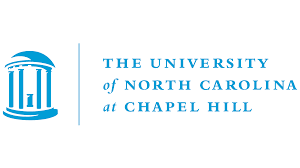

- Acceptance rate: 25%
- Average entry score: 1310-1500 SAT or 29-33 ACT
- Student-to-faculty ratio: 13 to 1
- Estimated cost of attendance (tuition and fees): $24,546-$51,725
- Average earning potential for graduates: $53,900 (College Simply)
UNC’s neuroscience program stands out for its commitment to producing well-rounded, socially conscious neuroscientists.
At UNC, the neuroscience program is grounded in the institution’s strong liberal arts education. This unique approach combines the study of the brain and nervous system with a broader perspective on human behavior and society.
Students are exposed to a diverse range of subjects, including philosophy, anthropology, and ethics. This interdisciplinary approach fosters critical thinking and creativity, preparing students to tackle the challenges of the field with a broad perspective.
Sources: UNC Catalog
You might also like:
- Nature Reviews Neuroscience
- Neuroscience and Behavioral Physiology
- Neuroscience Impact Factor & Key Scientometrics
- Neuroscience Bulletin
- Reviews in the Neurosciences
#18. Boston University


- Acceptance rate: 20%
- Average entry score: 1310-1500 SAT
- Student-to-faculty ratio: 11 to 1
- Estimated cost of attendance (tuition and fees): $79,606
- Average earning potential for graduates: $43,700 (College Simply)
Boston University offers a range of neuroscience programs, including undergraduate and graduate degrees, as well as research opportunities.
What sets BU apart is its emphasis on interdisciplinary collaboration across departments, including psychology, biology, and biomedical engineering.
BU also combines coursework in neuroscience, computer science, and mathematics to prepare students for careers in artificial intelligence, robotics, and more.
Source: Boston University Neuroscience
You might also like:
- 25 Best Schools For Biology In The US
- 25 Best Psychology Schools In The US
- 10+ Unexpected Majors That Can Make You A Millionaire In 5 Years
- 10 Highest Paying Medical Science Jobs to Consider
- 16 Must-Read Neuroscience Books
What’s it like to study at Boston University?
Similar articles like this:
- 25 Best Political Science In The US
- 25 Best Social Sciences Schools In The US
- 25 Best Veterinary Schools In The US
#17. University of California San Francisco
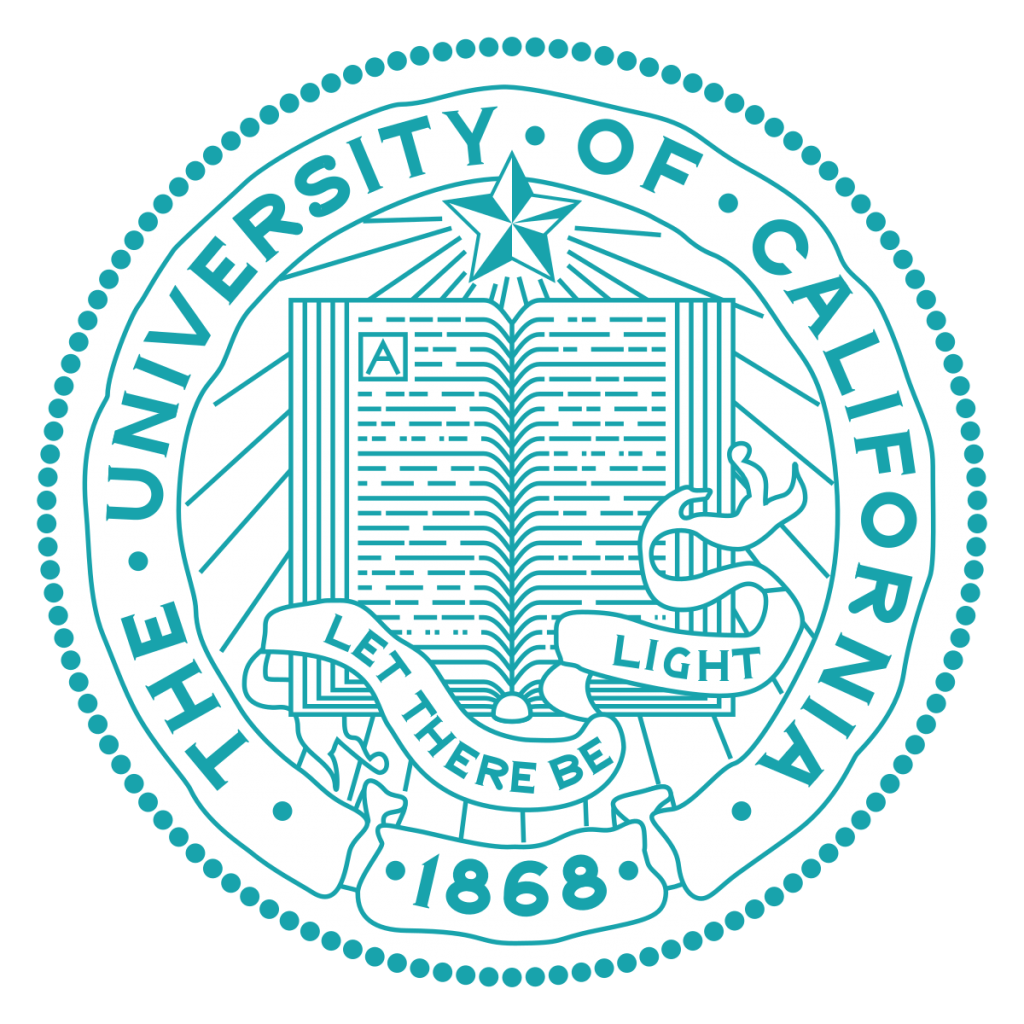

- Acceptance rate: 18%
- Average entry score: 1130 SAT
- Student-to-faculty ratio: 4 to 1
- Estimated cost of attendance (tuition and fees): $65,136-$77,854
- Average earning potential for graduates: $47,200 (College Simply)
UCSF’s neuroscience programs provide students with a comprehensive understanding of the nervous system. Students can specialize in areas such as neurodevelopment, neurodegeneration, neural circuits, and computational neuroscience, among others.
The programs offer a vast array of research opportunities. This school’s faculty consists of world-renowned experts who provide guidance and mentorship throughout the students’ studies.
Graduates of UCSF’s neuroscience programs are well-prepared for careers in academia, industry, and healthcare. They possess the skills and knowledge necessary to make significant contributions to the field of neuroscience.
Source: UCSF Graduate Division
What’s it like to study at UCSF?
#16. Washington University St. Louis
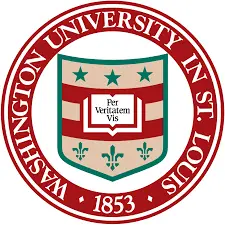

- Acceptance rate: 16%
- Average entry score: 1480-1560 SAT
- Student-to-faculty ratio: 9 to 1
- Estimated cost of attendance (tuition and fees): $30,640-$58,470
- Average earning potential for graduates: $28,200 (College Simply)
At Washington University, students can learn from and participate in ongoing brain science research.
As a leader in this field, the university attracts top researchers who conduct groundbreaking studies on topics such as neural development and cognitive neuroscience.
This research not only contributes to our understanding of the brain but also provides students with access to cutting-edge technology and techniques.
By working alongside these experts, students gain invaluable experience and knowledge that prepares them for careers in research, medicine, and beyond.
Source: Department of Neuroscience
#15. University of California Berkeley

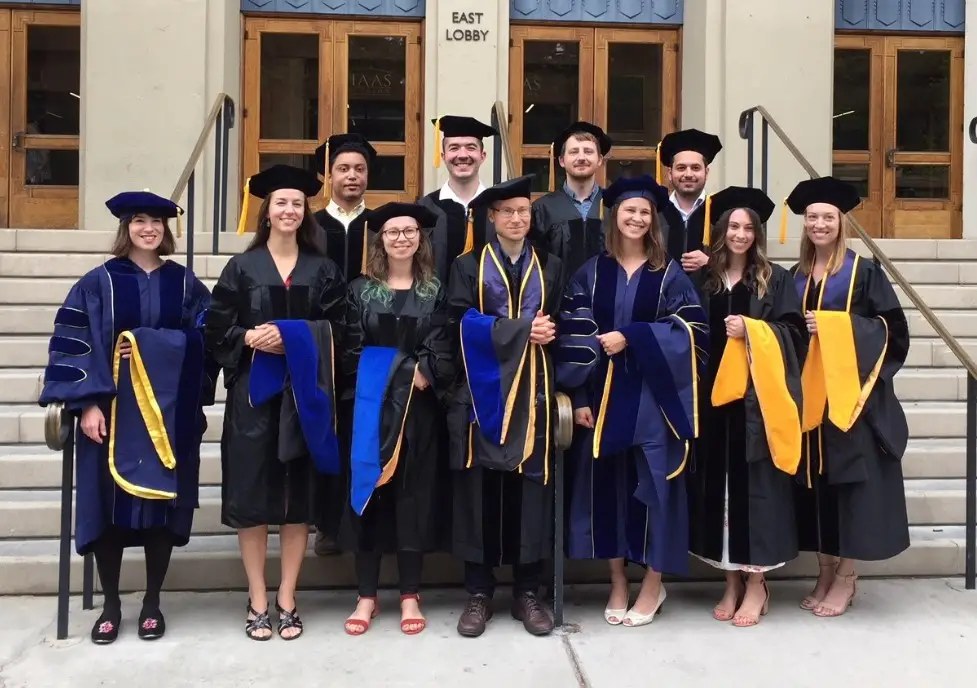
- Acceptance rate: 14%
- Average entry score: 1415 SAT
- Student-to-faculty ratio: 17 to 1
- Estimated cost of attendance (tuition and fees): $41,878-$71,632
- Average earning potential for graduates: $44,300 (College Simply)
UC Berkeley’s neuroscience program is an interdisciplinary program that offers both undergraduate and graduate degrees.
It is known for its cutting-edge research in molecular, cellular, and systems neuroscience.
The program boasts renowned faculty members, state-of-the-art facilities, and a curriculum that covers topics such as neurobiology, neurochemistry, cognitive neuroscience, and computational neuroscience.
Source: Berkeley Neuroscience
#14. Emory University
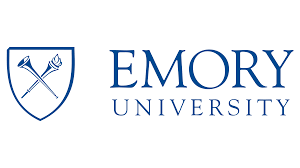

- Acceptance rate: 13%
- Average entry score: 1420-1540 SAT or 32-34 ACT
- Student-to-faculty ratio: 9 to 1
- Estimated cost of attendance (tuition and fees): $75,594
- Average earning potential for graduates: $27,100 (College Simply)
Emory University’s neuroscience and behavior program is like a delicious brain cocktail that blends biology, psychology, and other brainy ingredients to create a mind-boggling concoction.
With a focus on cognitive neuroscience, neural development, and behavioral genetics, students get to dive deep into the gray matter.
And with access to state-of-the-art technology and research opportunities, they can stir up their own ideas and experiments.
Graduates of this program are not just brainy, they’re also well-equipped for a future in brainy professions like neuroscience research or brain surgery.
Source: Emory University
Similar articles like this:
- 25 Best Information Technology Schools In The US
- 25 Best Zoology Schools In The US
- 25 Best Journalism Schools In The US
#13. University of Southern California
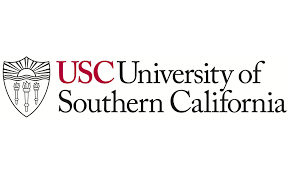

- Acceptance rate: 13%
- Average entry score: 1320-1520 SAT or 30-34 ACT
- Student-to-faculty ratio: 9 to 1
- Estimated cost of attendance (tuition and fees): $60,446
- Average earning potential for graduates: $26,886 (College Factual)
The University of Southern California (USC) offers various neuroscience programs that equip students with the necessary skills to excel in the field. Students gain a deep understanding of the nervous system, behavior, and cognition.
They develop skills in research methodology, data analysis, and scientific communication. USC’s neuroscience programs also train students in interdisciplinary collaboration and problem-solving skills.
Source: USC Neuroscience Graduate Program
#12. Cornell University


- Acceptance rate: 11%
- Average entry score: 1450-1560 SAT or 33-35 ACT
- Student-to-faculty ratio: 9 to 1
- Estimated cost of attendance (tuition and fees): $78,992
- Average earning potential for graduates: $43,300 (College Simply)
Cornell University’s neuroscience program is one of the best in the country, offering students unparalleled opportunities for research and learning.
The program also emphasizes interdisciplinary collaboration, allowing students to work with experts in other fields like psychology and computer science.
From courses that cover the fundamentals of neuroscience to advanced research opportunities, Cornell’s neuroscience program provides an exceptional education for students passionate about understanding the brain.
Source: Cornell University Neuroscience
#11. Johns Hopkins University


- Acceptance rate: 11%
- Average entry score: 1515 SAT or 35 ACT
- Student-to-faculty ratio: 7 to 1
- Estimated cost of attendance (tuition and fees): $60,480
- Average earning potential for graduates: $48,800 (College Simply)
At Johns Hopkins University, the neuroscience program is designed to provide students with a comprehensive understanding of the brain and its functions.
The program offers a broad-based curriculum that covers various aspects of neuroscience, including cognitive, computational, and developmental neuroscience.
Students can also choose to specialize in cellular and molecular neuroscience, which focuses on the study of the cellular and molecular mechanisms involved in brain function.
This specialization provides students with an in-depth understanding of the cellular and molecular processes that underlie brain function.
Source: Johns Hopkins University
#10. University of California Los Angeles
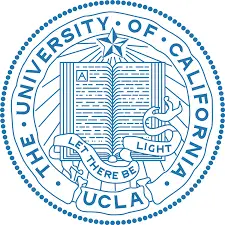

- Acceptance rate: 11%
- Average entry score: 1290-1520 SAT
- Student-to-faculty ratio: 18 to 1
- Estimated cost of attendance (tuition and fees): $16,847-$31,949
- Average earning potential for graduates: $44,400 (College Simply)
As one of the top neuroscience programs in the country, UCLA offers students a unique opportunity to study the brain and nervous system at the forefront of research and innovation.
Students in the neuroscience program benefit from a rigorous curriculum that covers the latest advances in neuroscience, from molecular and cellular mechanisms to cognitive and behavioral neuroscience.
They also have access to cutting-edge research facilities, where they can work with renowned faculty on groundbreaking research projects.
Source: UCLA Neuroscience Graduate Program
Similar articles like this:
- 25 Best Schools For Soil Sciences In The US
- 25 Best Art History Schools In The US
- 25 Best Schools For Aerospace Engineering In The US
#9. Northwestern University
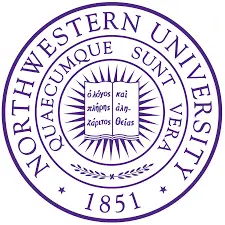

- Acceptance rate: 9%
- Average entry score: 1430-1550 SAT
- Student-to-faculty ratio: 6 to 1
- Estimated cost of attendance (tuition and fees): $62,391
- Average earning potential for graduates: $37,000 (College Simply)
Northwestern University’s Neuroscience Program is a comprehensive and interdisciplinary program that offers undergraduate, graduate, and postdoctoral training in the field of neuroscience.
The program is committed to understanding the brain and nervous system at all levels of analysis, from molecules and cells to circuits and behavior.
Students have access to state-of-the-art research facilities and a diverse range of faculty members who specialize in wide areas of neuroscience.
Source: Feinberg School of Medicine
#8. Duke University
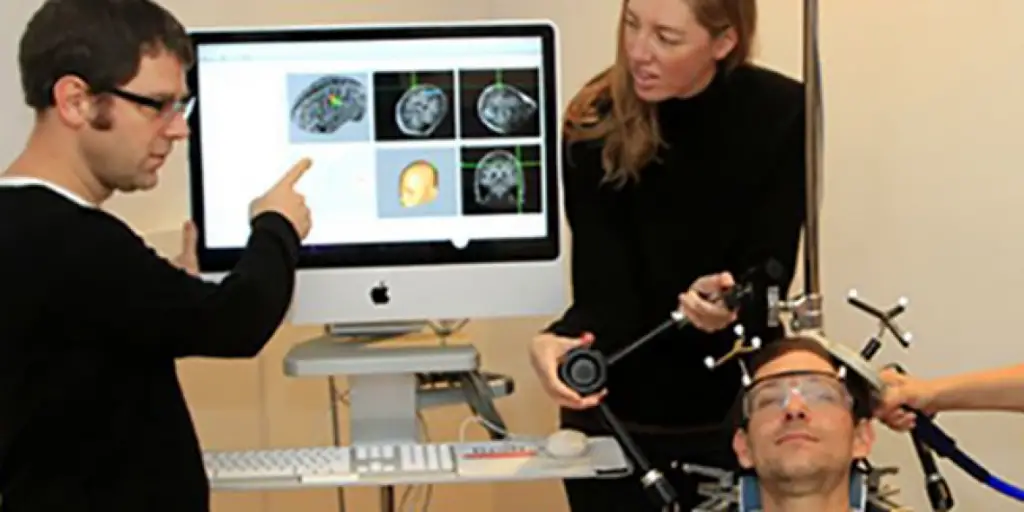
- Acceptance rate: 8%
- Average entry score: 1480-1570 SAT or 33-35 ACT
- Student-to-faculty ratio: 8 to 1
- Estimated cost of attendance (tuition and fees): $84,517
- Average earning potential for graduates: $39,900 (College Simply)
The Duke Institute for Brain Sciences (DIBS) offers a multidisciplinary approach to understanding the brain and behavior, preparing professionals to excel in their respective fields.
Through courses, seminars, and research opportunities, DIBS molds professionals who possess a deep understanding of the brain and its functions.
It empowers them to apply their knowledge to fields such as medicine, law, education, and business, ultimately allowing them to make a positive impact on society.
Source: Duke Institute for Brain Sciences
#7. Yale University


- Acceptance rate: 7%
- Average entry score: 1520 SAT or 34 ACT
- Student-to-faculty ratio: 6 to 1
- Estimated cost of attendance (tuition and fees): $62,250
- Average earning potential for graduates: $41,300 (College Simply)
Yale University’s neuroscience program is a highly regarded interdisciplinary program that emphasizes cutting-edge research and rigorous training in neuroscience.
The program offers a wide range of courses and research opportunities in areas such as molecular and cellular neuroscience, systems neuroscience, cognitive and behavioral neuroscience, and computational neuroscience.
Students work with world-renowned faculty members and have access to a variety of resources. The program aims to prepare students for successful careers in academia, industry, or other related fields.
Source: Yale School of Medicine
#6. Brown University
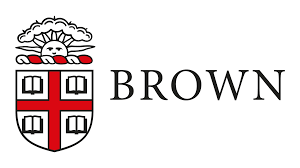
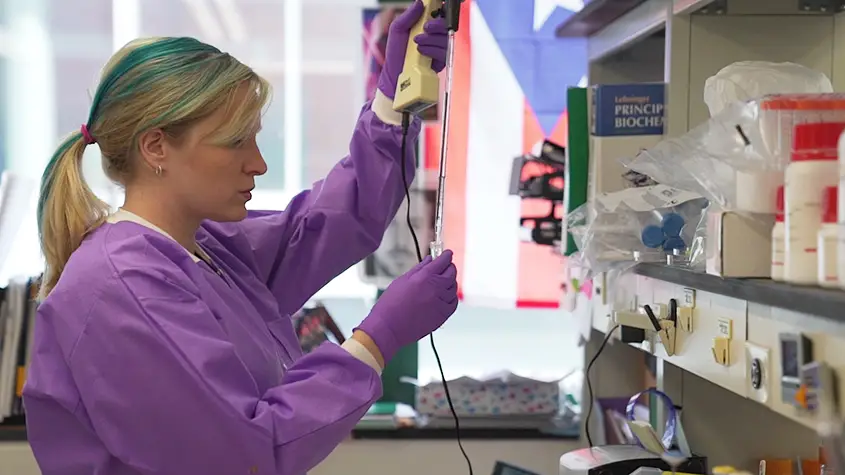
- Acceptance rate: 6%
- Average entry score: 1460-1570 SAT or 33-35 ACT
- Student-to-faculty ratio: 6 to 1
- Estimated cost of attendance (tuition and fees): $84,986
- Average earning potential for graduates: $36,900 (College Simply)
At Brown University, neuroscience is more than just a subject – it’s a passion. The program is renowned for its intense focus on the brain and nervous system.
With access to state-of-the-art facilities and world-class faculty, students are given the tools and resources they need to succeed. From hands-on lab work to clinical rotations, the program offers a wealth of opportunities to immerse oneself in the field.
Graduates of the program are poised to make a difference in the world of academia, research, medicine, and beyond.
Source: Brown University Neuroscience
What’s it like to study at Brown University?
Similar articles like this:
- 25 Best Schools For Business Management Studies In The US
- 25 Best Schools For Programming In The US
- 25 Best Commerce Schools In The US
#5. Stanford University


- Acceptance rate: 5%
- Average entry score: 1495 SAT or 33 ACT
- Student-to-faculty ratio: 5 to 1
- Estimated cost of attendance (tuition and fees): $56,169
- Average earning potential for graduates: $36,200 (College Simply)
Stanford University is renowned for its innovative and cutting-edge neuroscience program, which is consistently ranked among the best in the world.
With its state-of-the-art research facilities and world-class faculty, this private institution attracts top students from all over the globe who are passionate about their education.
Source: Stanford University
What’s it like to study at Stanford University?
#4. Harvard University

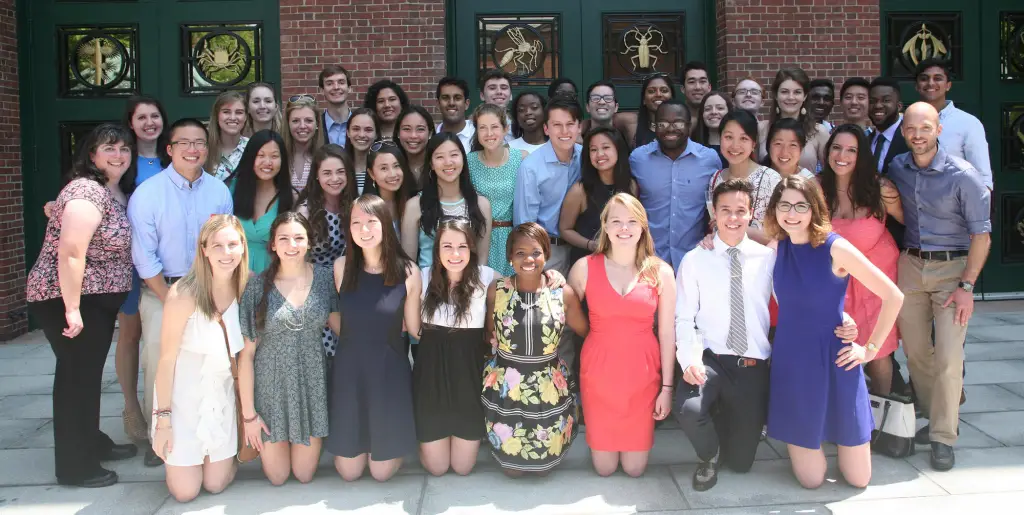
- Acceptance rate: 5%
- Average entry score: 1520 SAT or 34 ACT
- Student-to-faculty ratio: 7 to 1
- Estimated cost of attendance (tuition and fees): $57,261
- Average earning potential for graduates: $45,100 (College Simply)
Harvard University’s neuroscience department includes over 20 faculty members conducting cutting-edge research in neural development, synaptic plasticity, and neural circuits.
Through the graduate school of arts and sciences, Harvard offers students the opportunity to earn a Ph.D. in neuroscience through its interdisciplinary doctoral program.
The university’s commitment to interdisciplinary collaboration allows students and faculty from different departments to combine their expertise.
Source: Harvard Graduate School of Arts and Sciences
What’s it like to study at Harvard University?
#3. Columbia University


- Acceptance rate: 4%
- Average entry score: 1440-1570 SAT or 34-35 ACT
- Student-to-faculty ratio: 6 to 1
- Estimated cost of attendance (tuition and fees): $85,000
- Average earning potential for graduates: $40,300 (College Simply)
Columbia University’s neuroscience program is home to renowned scientists, researchers, and scholars who are leading the way in neuroscience research, education, and innovation.
With state-of-the-art facilities, cutting-edge technology, and a commitment to interdisciplinary collaboration, Columbia’s neuroscience program is at the forefront of understanding the brain and nervous system.
Students have access to diverse opportunities, from top-notch research projects to clinical experiences, preparing them for careers in academia, medicine, industry, and beyond.
Source: Neuroscience and Education
#2. Massachusetts Institute of Technology

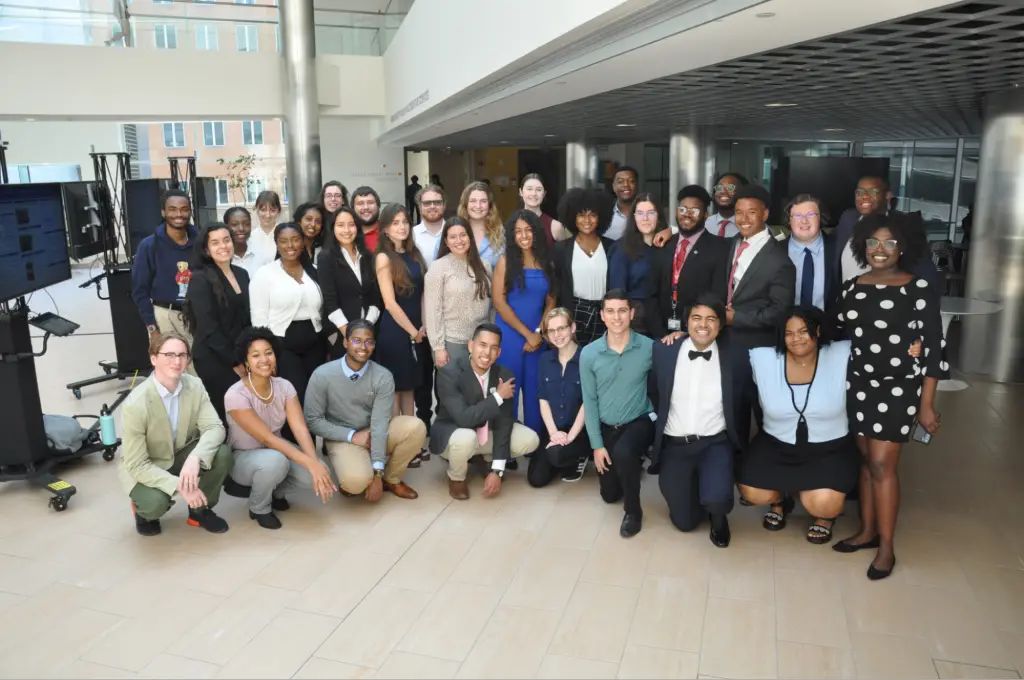
- Acceptance rate: 4%
- Average entry score: 1570 SAT or 36 ACT
- Student-to-faculty ratio: 3 to 1
- Estimated cost of attendance (tuition and fees): $57,986
- Average earning potential for graduates: $36,700 (College Simply)
MIT’s Department of Brain and Cognitive Sciences is renowned for its outstanding graduate program in neuroscience. The program offers cutting-edge research opportunities, world-class faculty, and exceptional resources.
Students have the chance to work alongside leading researchers in the field, gaining hands-on experience and access to groundbreaking discoveries.
The program also provides a multidisciplinary approach, allowing students to explore a range of topics in neuroscience, from molecular and cellular mechanisms to cognitive and computational neuroscience.
Source: MIT’s Department of Brain and Cognitive Sciences
What’s it like to study at MIT?
#1. New York University
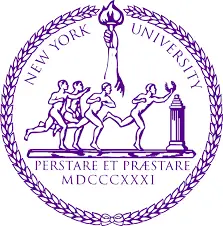

- Acceptance rate: 3%
- Average entry score: 1455 SAT or 33 ACT
- Student-to-faculty ratio: 8 to 1
- Estimated cost of attendance (tuition and fees): $80,878
- Average earning potential for graduates: $32,400 (College Simply)
New York University’s interdisciplinary program combines biology, psychology, and computer science to train students in conducting cutting-edge research in areas such as cognitive neuroscience, neural development, and neuro-engineering.
The program offers access to state-of-the-art facilities, equipment, and world-renowned faculty who are leaders in their respective fields. This program prepares graduates for careers in academia, industry, and government.
Source: NYU Langone Health
You might also like:
- 25 Best Liberal Arts Colleges
- 25 Best Biochemistry Schools
- 25 Best Schools For Forensic Science In The US
- 25 Best Data Science Schools In The US
- 25 Best Schools For Biology In The US
Conclusion
The schools highlighted in this blog post are recognized as some of the best in the world for studying neuroscience. These institutions offer exceptional programs that provide students with the knowledge and skills necessary to thrive in this dynamic field.
With access to innovative research opportunities, outstanding faculty, and cutting-edge facilities, each of these schools provides a unique experience for aspiring neuroscientists.
Selection Criteria
Here is a list of the factors we considered when selecting the best neuroscience schools:
Please note that the order in this list might vary by ranking criteria and sources.
- Reputation and ranking of the school: We looked for schools that have a strong reputation and high ranking in neuroscience.
- Faculty expertise, qualifications, and specialization: We researched the faculty members and their areas of expertise, and qualifications to ensure that the school has professors with relevant expertise and specialization in the areas of neuroscience that are of interest.
- Curriculum and resources: We evaluated the curriculum to ensure it aligns with students’ interests and career goals and considered the quality of the school’s facilities and resources, such as labs, equipment, and libraries.
- Opportunities for hands-on learning and research: We looked for schools that provide opportunities for hands-on experience through internships, co-op programs, or fieldwork.
- Student support services and alumni network: We considered the availability of support services and the strength of the alumni network in providing mentorship, internships, and job opportunities after graduation.
- Extracurricular activities and diversity: We evaluated the availability of extracurricular activities and clubs that align with students’ interests and considered the school’s diversity and inclusivity.
- Networking and post-graduation support: We researched the school’s network of alumni and their post-graduation support for neuroscience students, and also considered if the schools have a strong network of neuroscience professionals and researchers.
You might also like:
- 25 Best Liberal Arts Colleges
- 25 Best Biochemistry Schools
- 10 Highest Paying Neuroscience Jobs To Consider
- 25 Best Data Science Schools In The US
- 25 Best Schools For Biology In The US
Frequently Asked Questions
Q1. What is neuroscience?
Neuroscience is the study of the nervous system, including the brain, spinal cord, and networks of neurons.
It encompasses many different subfields, such as cognitive neuroscience, computational neuroscience, and systems neuroscience, among others.
Q2. What kind of degree do you need to work in neuroscience?
To work in neuroscience, you typically need a graduate degree, such as a Master’s or Ph.D. in Neuroscience or a related field.
Many careers in neuroscience also require additional training or certification, such as medical school or licensure as a clinical psychologist.
Q3. What are some top neuroscience schools?
There are many excellent neuroscience programs at universities around the world.
Some top-ranked schools in the field include Harvard University, Massachusetts Institute of Technology (MIT), Stanford University, University of California-Berkeley, Princeton University, and Johns Hopkins University.
Q4. What should I look for in a neuroscience program?
When looking for a neuroscience program, you should consider factors such as the strength of the faculty, the availability of research opportunities, and the resources and facilities available to students.
You may also want to consider the program’s location, cost, and reputation.
Q5. What kind of career can I have with a neuroscience degree?
A degree in neuroscience can lead to a wide range of careers, including research positions in academia, industry, or government, as well as clinical roles in fields such as psychology, psychiatry, and neurology.
Some neuroscience degree recipients also go on to work in fields such as law, education, and science writing.
References
[1] Official Websites
[2] Salary Data from Glassdoor, Grad Reports, College Factual, College Simply, Zippia
[3] Ranking references, including news media such as Best Global Universities for Neuroscience and Behavior


